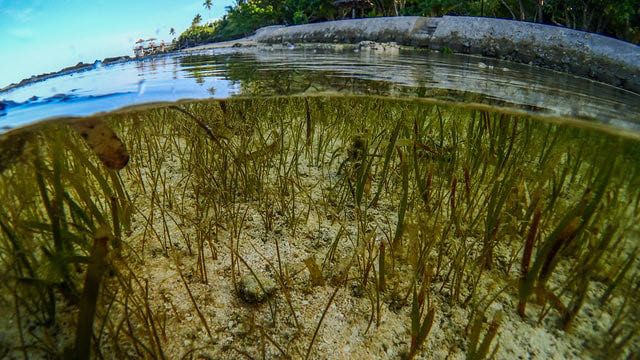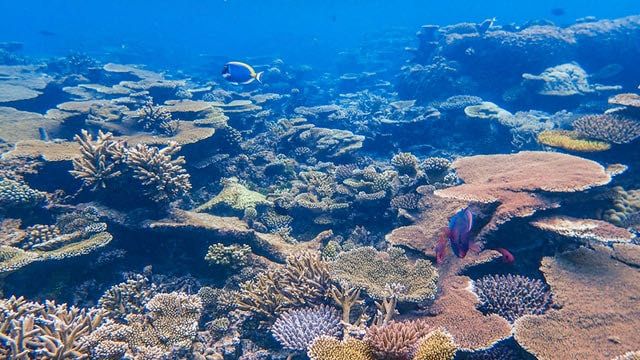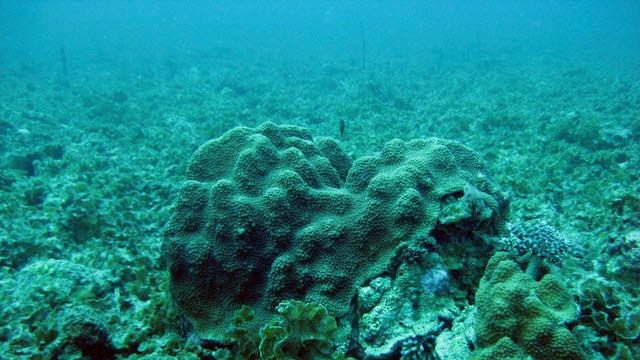ScienceBrief on marine heatwaves
The ScienceBrief on marine heatwaves shows increasingly widespread and intense events occurring throughout the oceans, due to human-caused climate change.

The Brief "Climate change increases marine heatwaves harming marine ecosystems" has accumulated 120 research papers so far, showing clear scientific consensus.
Read the Brief and explore the papers here.
The Brief describes the observed impact that climate change has had on the marine environment, through rising global average sea surface temperatures, and marine heatwaves in particular, where temperatures rise above the local daily 90th percentile for at least 5 days.
Marine heatwaves have been observed occurring more frequently, lasting for longer duration and reaching greater intensity throughout the satellite era of the last 4 decades. Other records indicate these rising trends probably began earlier in the 20th century.
The ecological impacts of marine heatwaves are well documented, with over 50 papers uploaded so far, discussing impacts that include coral bleaching, harmful algal blooms, habitat destruction and mass mortality.
Marine heatwaves impact foundations species, such as seagrasses and kelp, as well as invertebrates, fish, mammals and seabirds, harming ecosystem function and the provision of ecosystem services. This has a negative socioeconomic impact on public health, recreation, tourism, fishing and aquaculture.



In the future, ongoing climate change is projected to further increase the frequency, duration and intensity of marine heatwaves that will create much more widespread stress on the marine environment.
Scientists and researchers are invited to contribute their papers and interpretations here.
A new ScienceBrief Review summarising this rapidly evolving area of research has recently been published.